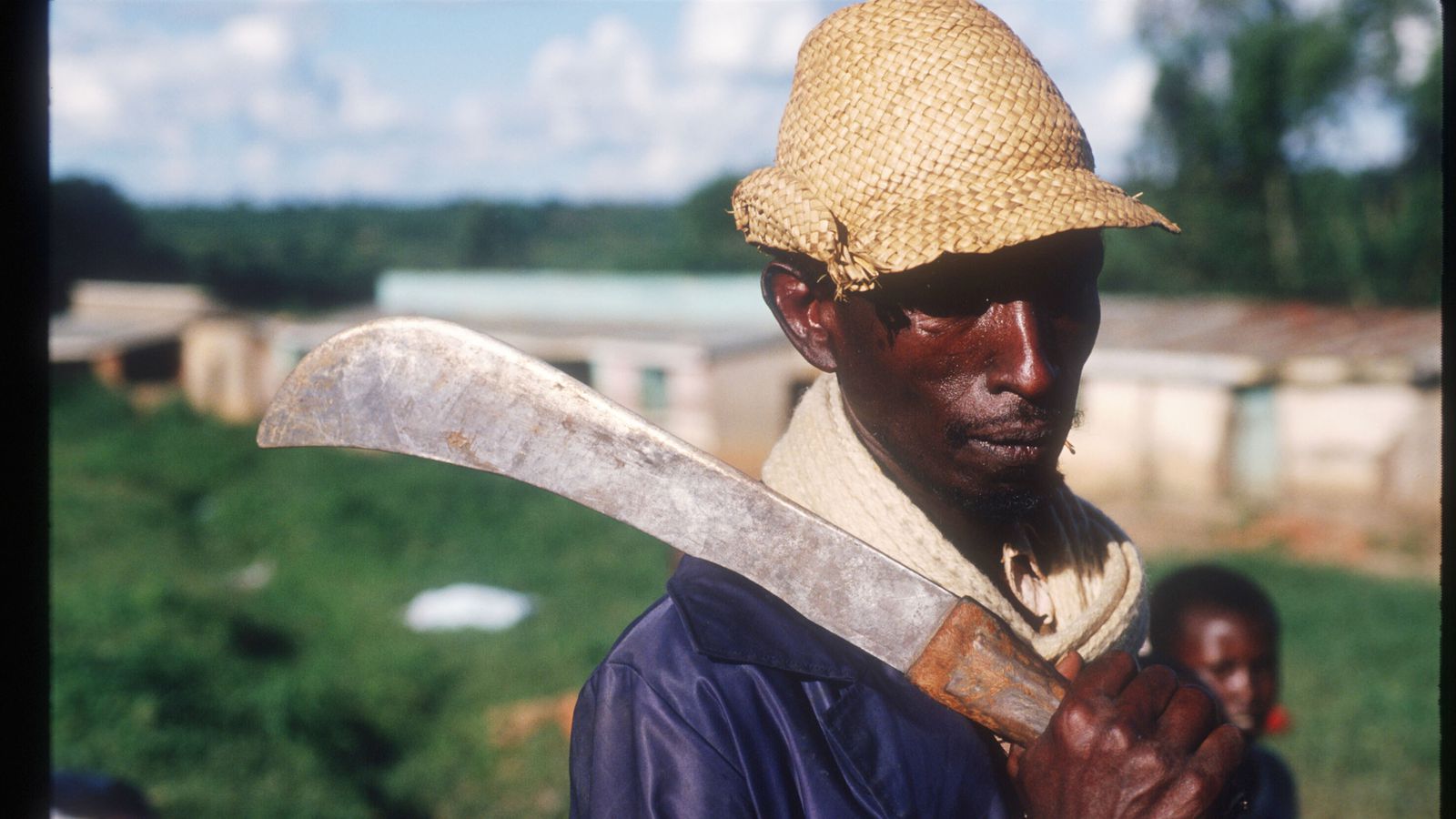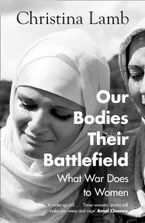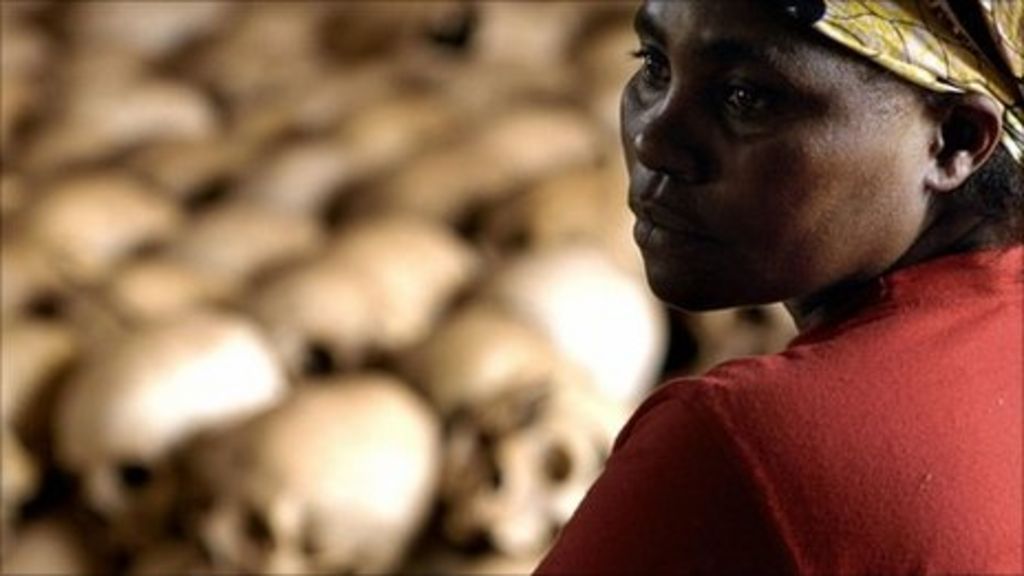New Zealand turning into Venezuela? More like Rwanda.
Sounds crazy?
Remember this was a society where Hutus and Tutsis lived together, intermarried, lived and worked alongside each other.
"In April 1994, when Rwanda erupted into violence, neighbor turned on neighbor, family turned on family, and love turned to hate. The Rwandan genocide turned friends into enemies. The once beautiful country was as ruined as any spot on earth — 800,000 people were brutally slaughtered in 100 days.
Rwanda went down the identity politics road, with its citizens ethnicity identified.
"Rwanda’s colonial period, during which the ruling Belgians favored the minority Tutsis over the Hutus, exacerbated the tendency of the few to oppress the many, creating a legacy of tension that exploded into violence even before Rwanda gained its independence.
Radio hosts discussed discrimination the Hutus suffered under the power of the Tutsis. Strong connotations describing Hutus as slaves during colonization painted the Rwandan genocide as a type of slave rebellion. Radio stories were used to anger the Hutus and channel that anger into action. Radio was also used to dehumanize Tutsis by calling them “cockroaches,” making acts of violence against them seem less inhumane.
Within an hour of the plane crash, the Presidential Guard, together with members of the Rwandan armed forces (FAR) and Hutu militia groups known as the Interahamwe (“Those Who Attack Together”) and Impuzamugambi (“Those Who Have the Same Goal”), set up roadblocks and barricades and began slaughtering Tutsis and moderate Hutus with impunity.
Among the first victims of the genocide were the moderate Hutu Prime Minister Agathe Uwilingiyimana and 10 Belgian peacekeepers, killed on April 7. This violence created a political vacuum, into which an interim government of extremist Hutu Power leaders from the military high command stepped on April 9.
" This "divide and conquer" strategy meant supporting the Tutsi monarchy and requiring that all local chiefs be Tutsis, turning the Tutsis into symbols of colonial rule for the Hutu majority.
I could not read past the chapter on Rwanda -
"In addition to the brutal mass killings, systematic rape was also widely used as a weapon of war during the Rwandan genocide. The exact number is unknown, but it is estimated that between 250,000 and 500,000 women were raped. It was considered another way to destroy the Tutsi ethnic group, through both the emotional pain (so the woman could “die of sadness”), and through the health problems that would be a result. Often times, women did not even have to succumb to the aftermath of rape as they were often immediately killed right after."
"Soldiers and police officers encouraged ordinary citizens to take part. In some cases, Hutu civilians were forced to murder their Tutsi neighbours by military personnel.
Participants were often given incentives, such as money or food, and some were even told they could appropriate the land of the Tutsis they killed."
Identity politics, controlled by those in positions of power.
"In Rwanda the minority Tutsis were given leadership roles over the Hutus who set out to destroy the entire Tutsi population and seek revenge on the power that had always been deemed the elite. The Hutu political elite blamed the Tutsi population for increasing political, social, and economic problems in the country.
Ethnic identification cards offered genocidaires a tool to quickly identify who was who in the genocide, making the job of systematically targeting much easier.
One of the measures taken to rebuild Rwana's society was to abolish governmental ethnic identity. Rwanda has the world’s highest share of women in parliament, 63.8%. The creation of collective identity post genocide is noteworthy".
The similarities with NZ's ethnic identities, strong and outspoken (and often militant) leaders, blame, colonial influence and hatred raised to gain political power, struck me as being similar to what is brewing here in NZ.
"Identity construction and reconciliation efforts have been the top priority post genocide, especially under current President Kagame. The investment in this pan-Rwandan identity is apparent through penalizing divisionism as a crime and removing ethnic labels from the identity cards. Every meeting that took place over the course of the GFI trip focused on this ‘we are all Rwandans’ identity. Hearing ethnic labels was all but limited to memorials."
Ethnicity regarded as of the private sphere.




https://www.stuff.co.nz/national/300826137/poetic-anger-or-racism-in-reverse-the-controversy-over-a-captain-cook-poem
ReplyDeletehttps://www.bassettbrashandhide.com/post/graham-adams-it-s-open-season-on-white-men
ReplyDelete